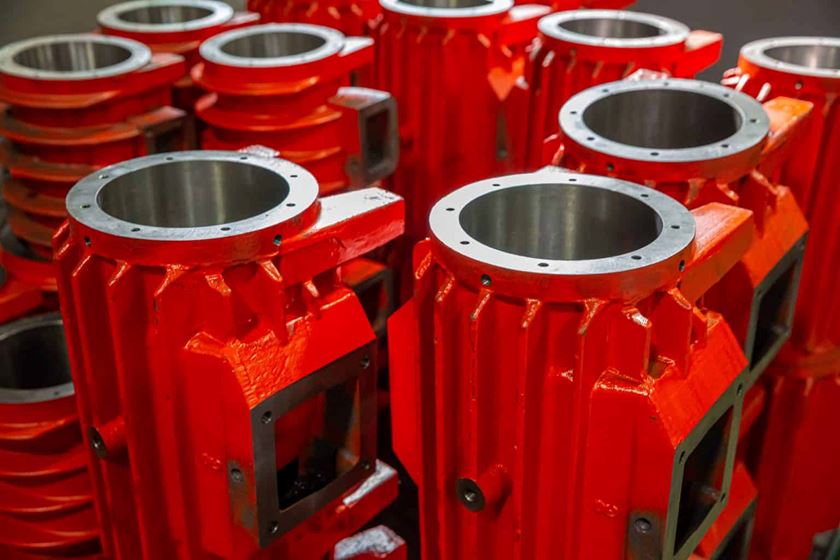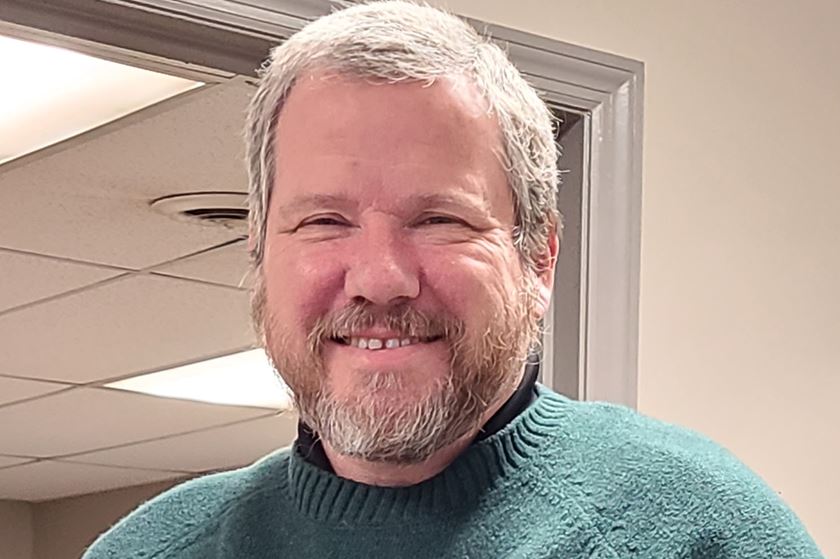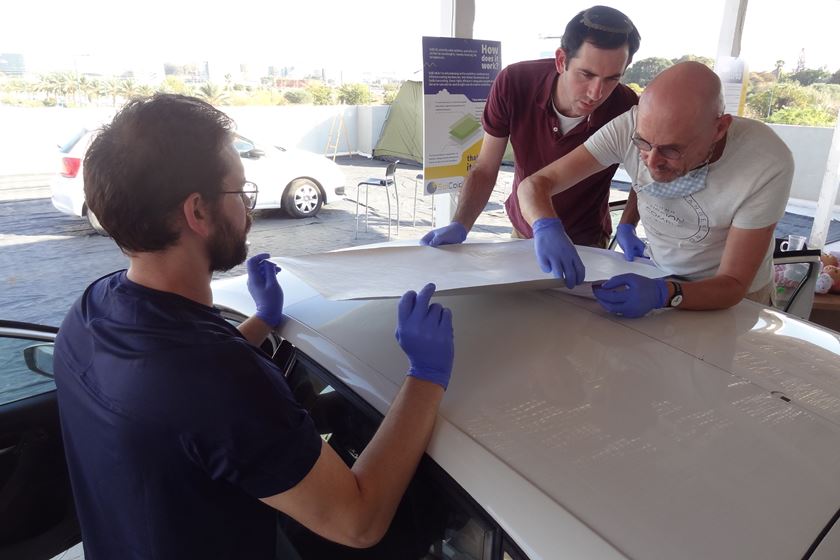Another Dirty Job
Mike Rowe, blue collar spokesman.
#workforcedevelopment
Many of you have no doubt seen Mike Rowe tackle some very nasty tasks as host of the Discovery Channel series Dirty Jobs. Viewers of the show have watched as Rowe has literally gotten in up to the elbows performing such jobs as inseminating horses, sexing chickens, inspecting cow dung, repairing sewers and testing the effectiveness of shark protective gear.
Now Rowe is taking on another daunting task. He's emerging as a spokesman for blue collar careers and workers—and for the value of hard work in general.
"It's funny what we've done in this country to work—you know, in terms of our relationship with it," Rowe said in a Labor Day television interview. "It's been a slow evolution, but we've turned hard work into something to avoid. We've replaced what used to be kind of a cheerful nobility with a sort of heavy drudgery.
"We challenge that on the show, and I do my best to challenge it in real life as well."
According to Rowe, the "one-size-fits-all" approach to careers emphasized in the U.S.— high school followed by a four-year college degree and an office job—is not only short-changing some kids who may prefer other types of work, it's also causing shortages of skilled labor for U.S. manufacturers.
Accordingly, Rowe has launched a Web site, mikeroweworks.com, aimed at bringing attention to more hands-on alternatives to office work. He writes on the site: "Doesn't it seem strange that we can have a shortage of skilled labor, a crumbling infrastructure and rising unemployment? How did we get into this fix?
"For the last thirty years we've been celebrating a different kind of work. We've aspired to other opportunities. We've stopped making things. We've convinced ourselves that ‘good jobs' are the result of a four-year degree.
"That's bunk. Not all knowledge comes from college. Skill is back in demand. Steel toed boots are back in fashion. And work is not the enemy."
Cynics might consider that, by promoting the value of blue collar work, Rowe is really promoting his television series. But he seems to be sincere in his desire to bring positive attention to career choices that have long been ignored or even denigrated in this country.
"There are very few voices out there saying look, consider the welder, consider the electrician," Rowe said on September 7. "I think hard work needs a PR campaign."
You'll probably never see Mike Rowe work in a finishing shop on Dirty Jobs. Not only are many shops simply not dirty enough, but most don't want to be thought of that way. That's understandable, but I think finishers and other manufacturing-related businesses owe Rowe a debt of gratitude. He's doing more to bring positive attention to the possibility of rewarding blue-collar careers and the value of hard work than just about anyone in this country.
RELATED CONTENT
-
40-Under-40: Class of 2018
Former Nebraska football star Brandon Rigoni leads Lincoln Industries’ business development unit, and our 2018 young professionals class.
-
Reinvigorating the Workforce
Do education and outreach hold the key to solving manufacturing’s workforce problem?
-
Japanese Automotive Supply Chain Reliance on Plating Job Shops
The relevance of electroplaters in Japan’s automotive industry is more important than ever.















